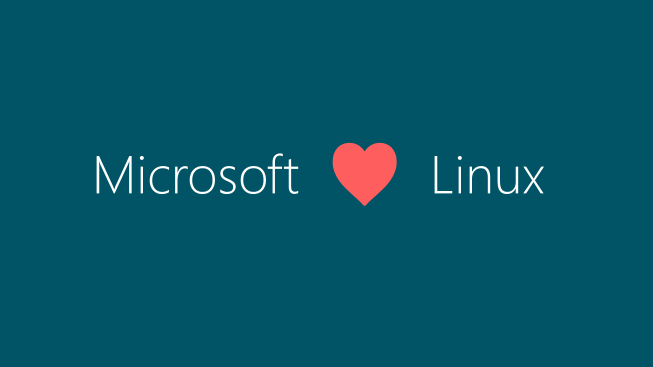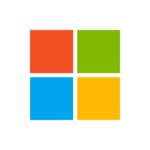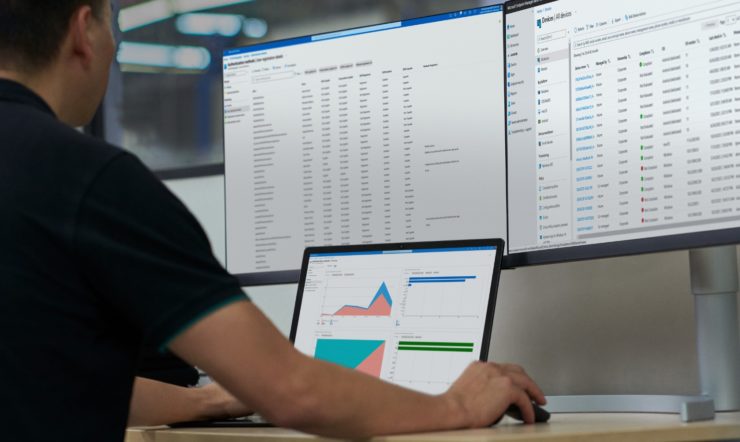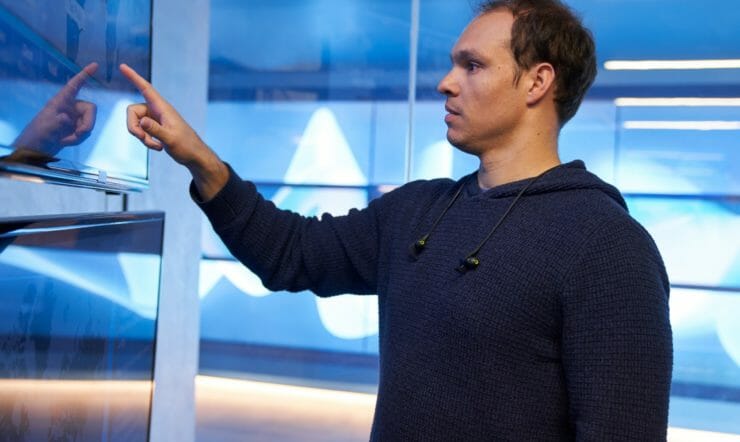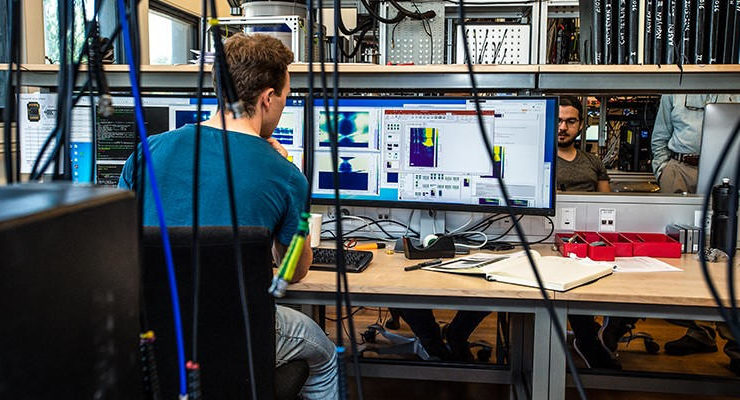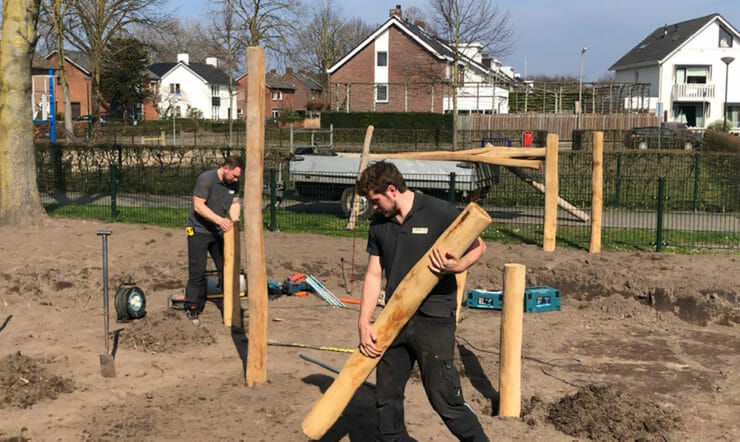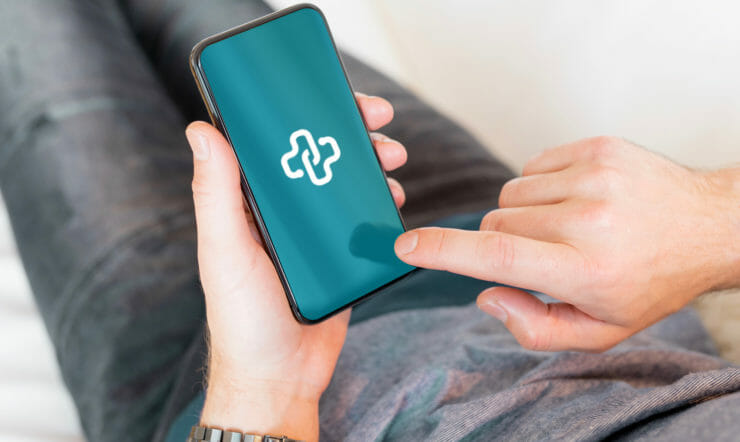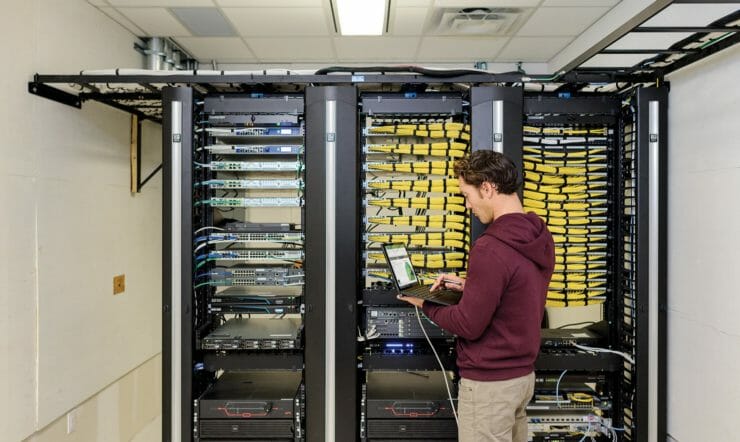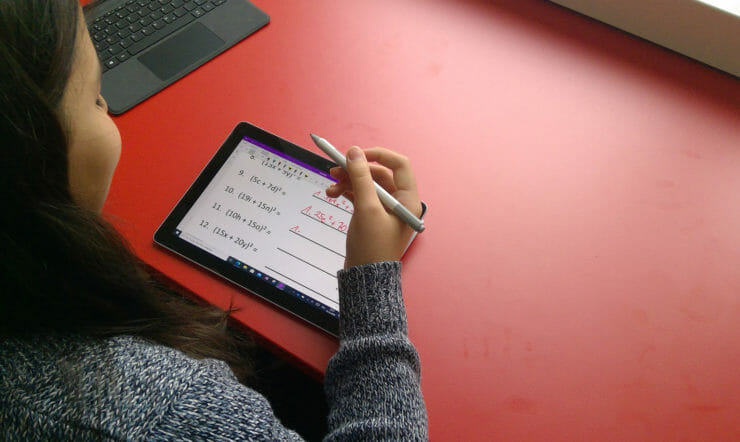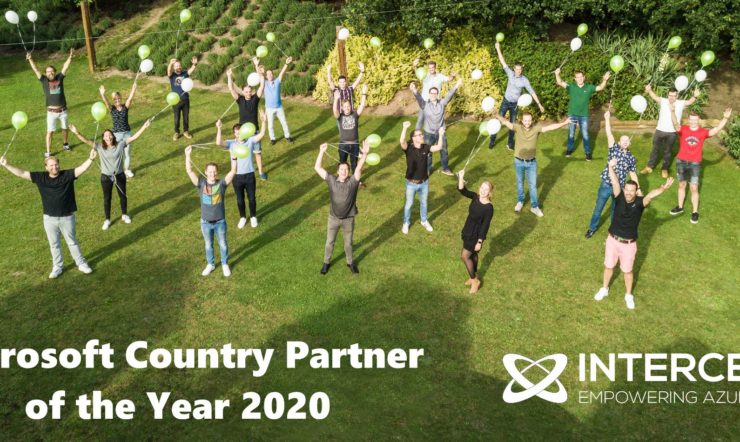The statement Microsoft Loves Open Source is not a statement by itself. It is also not the end of a process. It is part of an overall change within our organization, where the word Open has become an important part of Microsoft.
During (most of) the Red Hat Forums, I had the pleasure of presenting for a large audience that has been embracing and preaching open source for decades. There, the message I wanted to bring across is perfectly captured by one of the quotes from our CEO Satya Nadella:
Judge us by the actions we have taken in the recent past, our actions today and in the future
— Satya Nadella, CEO of Microsoft —
But to understand where we are coming from, it was also important to explain our perspective on how IT and Open Source started and have developed up until today. I took a trip down to memory lane, even before the time I was even born.
Open source: From it originis up until today
The origins of Open Source go back to the 60s/70s, when some university researchers began exploring what technology could do to the Open Source movement. Those same academic researchers became the first developers, in the 80s. This is the decade when some influential people created the Free Software Foundation and when Bill Gates foresaw software as the future and the focus area of differentiation for Microsoft.
The 90s were all about the launch of Linux and the www. Linus Torvalds created the kernel to complete the operating system started by the GNU. In this era, Open Source became a business reality also because companies like Red Hat went IPO – offering a business model that allowed businesses to leverage Open Source software solutions; also by having a support model attached to it.
After the millennium, proliferation was the main theme. People became more and more connected through PDAs and the first smartphones were released. Many new companies have risen and disappeared because of undifferentiated offerings and overvaluation. However, Open Source became more and more a new foundation for developers. Through the launch of GitHub, in the era after the millennium, innovation and collaboration have accelerated.
Today, Open Source is mainstream. Technology, in general, is integrated in everything we do. Whether you are talking about Internet of Things, Machine Learning, Artificial Intelligence, Augmented Reality or Quantum Computing. It is all reality and the need for extensible applications and scalable, rapid-response computer power gives rise to the cloud. The boundaries between open and close are vanishing and whether you are programming java or .net, in the end we all need to make sure we service the need of our customers.
Microsoft loves Linux. Wait…what?
To some people, it was a surprise when they saw Satya doing his presentation about Microsoft loves Linux. The photo went viral – Satya with a background slide containing the Microsoft loves Linux message. Although this was new and surprising for the world in general, Satya mentioned this was already written in his book Hit Refresh.
The competitive landscape had shifted…new and surprising partnerships were needed.
…it was certain that we need to make first-class support for Linux on Azure. We made that decision by the time we got to the parking lot.
This may sound like a purely technical dilemma, but it also posed a profound cultural challenge.”
— Satya Nadella, CEO of Microsoft —
We, as Microsoft, want to deliver proof points about being 100% serious about Open Source. More than half of all our VMs running on Azure are running Linux and over 60% of solutions in the Azure Market Place are Linux based. We have extensive partnerships with OSS providers like Red Hat, Suse, Pivotal, Cloudera, Elastic and many more. We want to offer our customer choice regardless whether they want open source solutions or closed source solutions. Last year, Microsoft joined the Open Invention Network to help protect Linux and Open Source, and we donated over 60,000 issued patents to OIN. We also collaborate with the Cloud Native Computing Foundation, the Linux Foundation, among many other initiatives that are being held.
Our approach to open source in straightforward
- Enable – We enable Open Source use cases in the cloud
- Integrate – We integrate Open Source technologies in our platform
- Release – We release innovative technologies as open source
- Contribute – We contribute to the Open Source ecosystem (>5K employees)
Together with the ecosystem, we want to ensure we will be bringing value to our customers. We want to empower others. Our mission is to empower every person and organization on the planet to achieve more.
Judge us by the actions we have taken in the recent past, our actions today and in the future.
Join us in our mission and let’s use the Open Source principles to collaborate, share and learn from each other in other to create value for our customers and partners. In another article I will elaborate more on our Go To Market with different OSS vendors like Red Hat & Suse. Deliberately I did not call out specific solutions.
Please click www.microsoft.com/opensource to be directed to our Open Source Blog where Microsoft colleagues like Brendan Burns, John Gossman and Mark Russinovich and many more share their Open Source posts.
Or contact me if you want to know more:
René Moddejongen
Business Group Lead Open Source Infra
Microsoft Western Europe HQ
Rene.Moddejongen@microsoft.com
Nice links to content & learning paths:
– Linux on Azure
– Cloudblogs OpenSource
– Kubernetes up and running
– Kubecon 2019 announcements
– Azure Heroes
– Kubernetes Learning Paths
– Evolve your devops practices
– Deploy a website with Azure App Service


